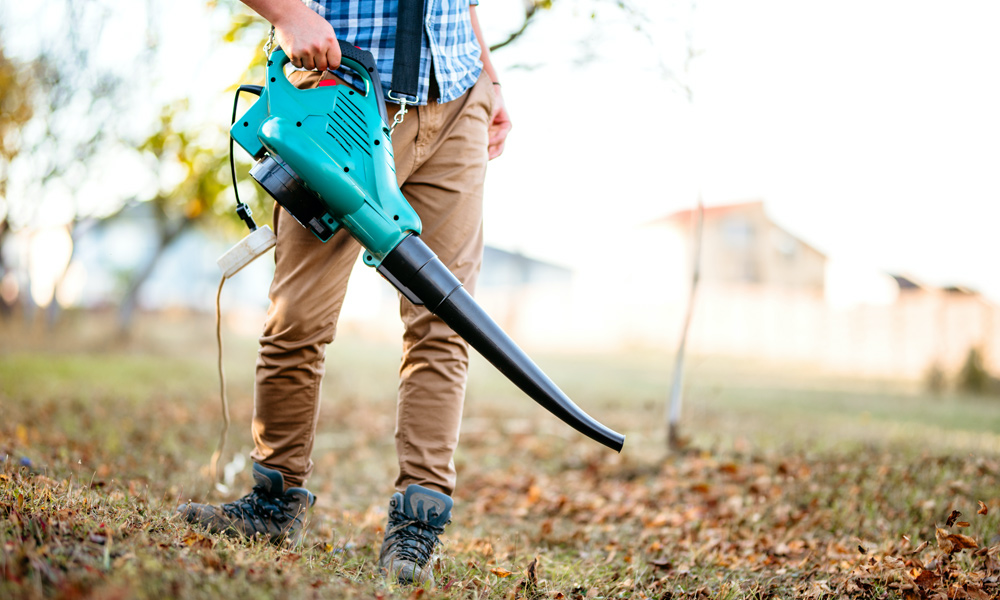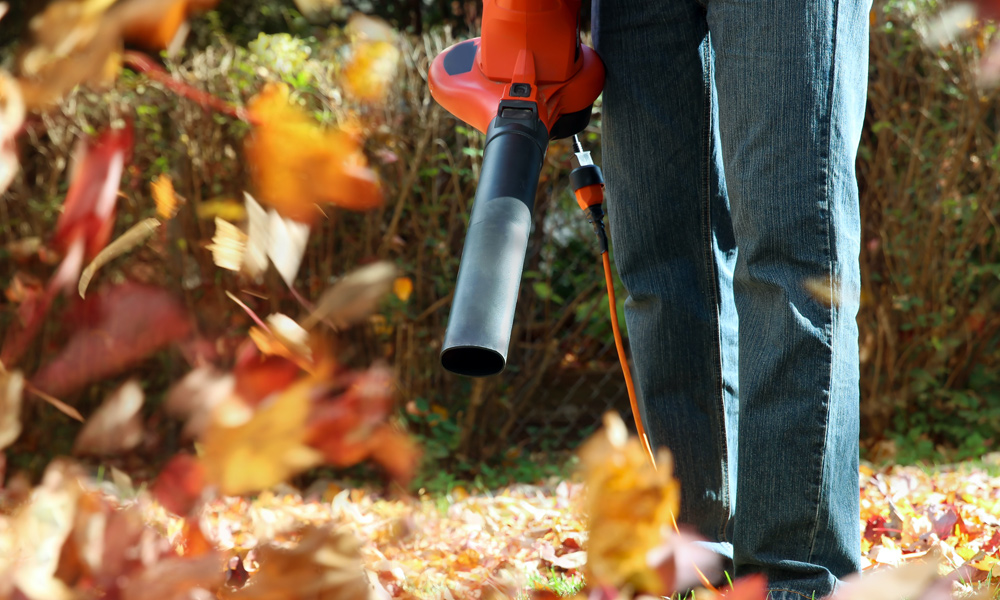Leaf Blowing and What the Law Says: A Comprehensive Guide
Understanding Leaf Blowing Laws and Top Tips for Effective Leaf Blowing
Leaf blowing is a common practice for maintaining clean and tidy outdoor spaces. However, it’s important to be aware of the laws and regulations surrounding leaf blowing activities in your area. In this comprehensive guide, we’ll explore what the law says about leaf blowing, provide top tips for efficient leaf blowing, and help you choose the right leaf blower for your needs.
Understanding Leaf Blowing Regulations
Before you start leaf blowing, it’s crucial to familiarize yourself with local laws and regulations. Here are some key points to consider:
- Noise Restrictions: Many municipalities have noise ordinances that dictate the permissible noise levels for leaf blowers. Certain hours may be designated as “quiet hours,” during which the use of leaf blowers may be prohibited or restricted.
- Emission Standards: Some areas have regulations concerning emissions from leaf blowers, particularly for gas-powered models. Ensure your leaf blower complies with any emission standards set by your local environmental agencies.
- Restrictions on Debris Disposal: Proper disposal of leaves and debris is essential. Some jurisdictions require specific disposal methods, such as bagging leaves for curbside collection or composting. Be aware of any guidelines regarding debris disposal.
To ensure compliance with local regulations, check with your municipality or environmental agency for specific rules regarding leaf blowing activities in your area.
To learn more about the different aspects of leaf blowing, such as the advantages of electric leaf blowers over gas-powered ones, you can visit our article on Are Electric Leaf Blowers Better Than Gas?.
Top Tips for Efficient Leaf Blowing
To make your leaf blowing tasks more effective and efficient, consider the following tips:
- Choose the Right Time: Plan your leaf blowing activities for days with minimal wind to prevent leaves from scattering and make your task more challenging.
- Start from the Perimeter: Begin blowing leaves from the outer edges of your yard or property toward the center. This approach prevents leaves from accumulating in areas you’ve already cleared.
- Use the Correct Technique: Hold the leaf blower at a comfortable angle and use sweeping motions to direct the leaves in the desired direction. Experiment with different angles and speeds to find the most efficient technique for your specific blower.
- Avoid Blowing Debris into Public Areas: Be mindful of where you direct the debris. Avoid blowing leaves into roadways, sidewalks, neighboring properties, or bodies of water. This helps maintain community cleanliness and prevents potential hazards.
- Consider Noise Reduction: If noise restrictions are in place, opt for leaf blowers with lower decibel ratings. Electric leaf blowers, such as cordless ones, are generally quieter than gas-powered ones.
Implementing these tips will not only make your leaf blowing more efficient but also help you be a responsible neighbor and comply with local regulations.
To gain more insights into leaf blowing techniques, you can refer to our article on How Do Leaf Blowers Work?.
Choosing the Right Leaf Blower
Selecting the appropriate leaf blower for your needs is essential. Consider the following factors when making your decision:
- Power Source: Leaf blowers come in gas-powered, electric, and battery-powered (cordless) options. Each has its advantages and considerations. Electric leaf blowers are generally quieter compared to gas-powered ones. If you’re interested in exploring electric options, you can check out our article on the best electric leaf blowers for detailed reviews and recommendations.
- Type of Blower: There are various types of leaf blowers available, including handheld, backpack, and walk-behind models. Assess the size of your property and the volume of leaves you need to clear to determine the most suitable type of blower for your needs. If you’re specifically looking for backpack leaf blowers, we have a comprehensive guide on backpack leaf blower reviews that can assist you in making the right choice.
- Airflow and Power: Look for leaf blowers with sufficient airflow and power to handle the debris in your yard. Higher CFM (cubic feet per minute) and MPH (miles per hour) ratings indicate greater blowing strength. Our article on the best leaf blower reviews can provide you with detailed information on top-rated leaf blowers in the market.
For additional guidance on selecting the perfect leaf blower, we recommend checking out our comprehensive guide on how to select the perfect leaf blower.
Conclusion
Leaf blowing can be an efficient way to maintain a clean outdoor environment, but it’s crucial to be aware of the laws and regulations surrounding leaf blowing activities in your area. Familiarize yourself with noise restrictions, emission standards, and guidelines for debris disposal to ensure compliance.
By following the top tips provided in this guide, you can enhance the efficiency of your leaf blowing tasks while being considerate of your neighbors and the environment. Remember to choose the right leaf blower based on power source, type of blower, and airflow, taking into account your specific needs and the size of your property.
For more information and detailed product recommendations, feel free to explore our website and articles on leaf blowers, including cordless leaf blowers and leaf vacuums.
Happy leaf blowing and stay in compliance with the law!

